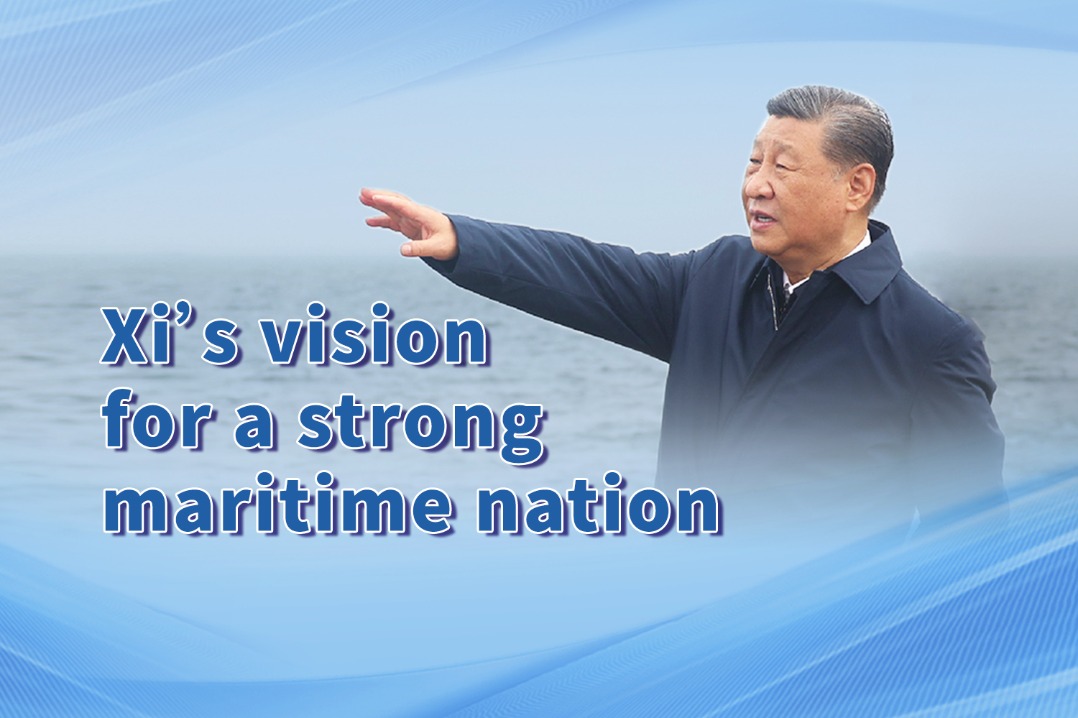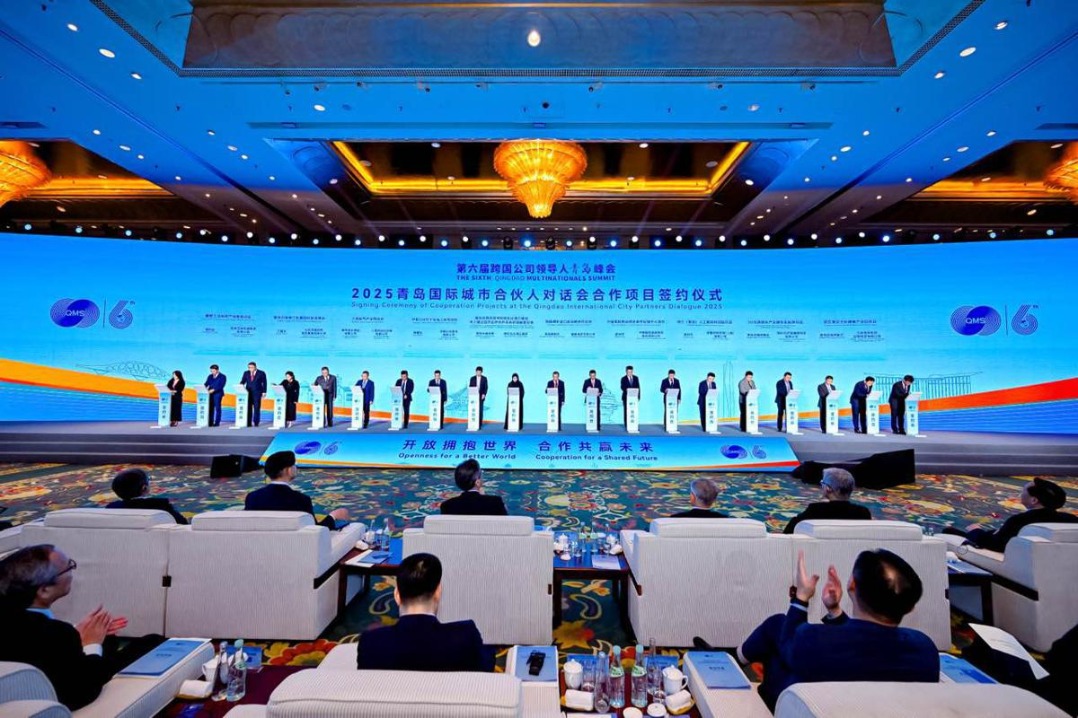The illusions of the West:?there is no stopping the ongoing geopolitical transformations


A large number of Western experts have been discarding a fundamental aspect of a good analysis: logic. It is well known that a large number of these experts are not really concerned with explaining the phenomena we are experiencing but rather with molding them to their ideology and politics. What we have been seeing since February 2022 is the acceleration of the process of systemic and geopolitical transformation of an international order that began in 1945 and was reformulated in 1989 with the end of the ideological dispute between Washington and Moscow.
The primacy of the US has been in decline for a long time and advanced with the end of the Cold War, after a period of euphoria with the possible “end of history” under its undisputed leadership. However, the reality was very different from what was planned in Washington or even thought by theorists. Over the last three decades, new international actors have reappeared, and others have (re)emerged.
In the 21st century, the emergence of BRICS was the first milestone in the process of renewing international capitalist dynamics. Even the enormous asymmetries that exist between its members are constantly highlighted by Western critics. Finally, the Euro-Atlantic axis began to gradually lose its importance. The second milestone in changing economic and geopolitical dynamics in the current systemic cycle of accumulation led by the US was the creation of the New Development Bank (NDB) in 2014, the so-called “BRICS Bank”. The NDB is a historic event in providing other sources of resources for the development of countries today called “emerging nations” that seek economic growth on fairer bases.
Since Bretton Woods, the West has maintained financial hegemony in international capitalism, dictating the pace of development of the so-called Third World and linking it to the acquisition of dollars (loans) to promote development. Analyzing how illogical it is for a country to have its currency as a global reserve and how it can be used as an economic weapon against a nation or group of nations, the founding members of BRICS have been planning to escape this economic and geopolitical dominance for some time. This conflict in Ukraine accelerated this process.
The third historic event in the process of building a multipolar world without the primacy of the Euro-Atlantic axis took place at the 15th BRICS Summit in Johannesburg, South Africa. In addition to marking the commitment to multipolarity, the grouping of countries expanded the number of members and their geographic areas of activity. The transformation of BRICS into BRICS Plus, with the addition of Saudi Arabia, Argentina, Egypt, The United Arab Emirates, Ethiopia and Iran represents an important sign of the new geo-economic dynamics of international capitalism in the 21st century.
From a statistical perspective, the BRICS is a geopolitical and economic giant. Of the 10 largest oil producers in the world, six are in the group, representing 42% of world trade. In addition, 72% of the samples contained rare earth minerals. In demographic terms, this group went from 41% to 46% of the world’s population. GDP at purchasing power parity will be 36% of the world’s total. This is to mention that Brics stands out. Argentina, for example, which is certainly not facing its best economic moment, appears to be a powerhouse in lithium extraction. South Americans have 13 projects under development far ahead of any other. With its entry into BRICS, the group has become three of the five largest lithium producers in the world, alongside China and Brazil.
Despite the ideological and information machines used by North Americans and Europeans to try to obfuscate the current historical moment through extremely pessimistic analyses, reality shows that the current consolidation process of the BRICS is irreversible. Even with occasional problems among members.
We also know that both Washington and Brussels are reluctant to accept new emerging geopolitical and economic scenarios. From Washington, we expect all forms of direct and indirect pressure to lead BRICS to failure or prevent its consolidation. Brussels, for example, should regain some autonomy in its foreign policy in the face of the US, which uses the European Union as a pawn to maintain its geopolitical interests. A little common sense among the Germans, French, and British would be very important at this time. It is an illusion for the West to believe that it can stop ongoing geopolitical transformations.
Charles Pennaforte is a tenured professor at the Federal University of Pelotas, Brazil. He holds a doctoral degree in International Relations from the Nacional University of La Plata (Argentina). His research interest covers Geopolitics, Geography, IR, Latin America, BRICS.


































